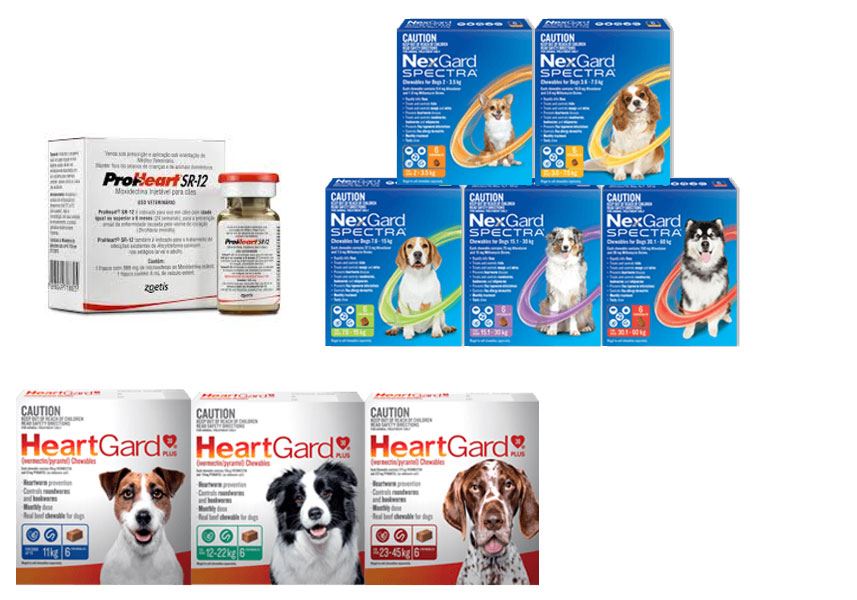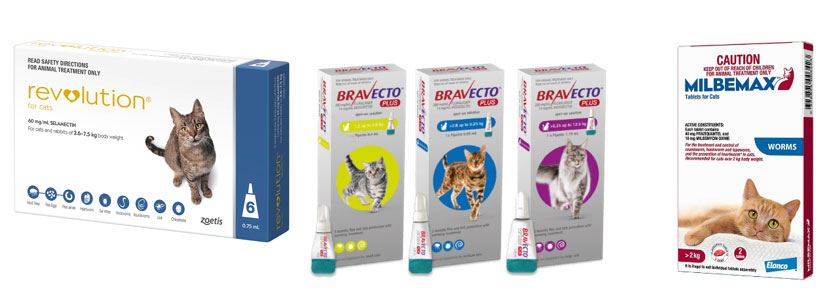Heartworm disease, what is it and how can I prevent my dog being infected?
Heartworm is a worm that can infect your pet through a mosquito bite. The worm is transmitted through the saliva of a mosquito into the pets blood stream. These baby worms travel through the blood and make themselves at home in the right side of the heart, where they mature into adults and make more baby heartworms, called microfilaria.
What are the signs of infection?
Dogs: It can be hard to tell if your pet has an infection or not, as clinical signs are not shown until later on in the disease process. Heartworm disease is slow in its progression so it can take months to years to tell that there is a problem at all. Once symptoms appear there is generally a large worm burden in dogs. The worms in the right side of the heart interfere with the movement of heart valves and block the flow of blood through the system putting increased strain on the heart.
Early signs include shortness of breath, lethargy or nagging/dry cough. As the disease progresses breathing becomes more difficult, and in severe cases the abdomen may swell with fluid. These symptoms are often hard to detect, and therefore prevention is the best option.
Treatment for heartworm disease is not without risk and can be difficult. If left untreated heartworm disease is fatal.
Cats: Their clinical signs are more subtle consisting of lethargy, cough or sudden death. If only takes 1-2 adult heartworms to cause disease.
Diagnosis?
A simple blood test can reveal whether your pet is infected. Diagnosis is more tricky in cats due to low levels of infection causing disease, therefore prevention is the best option!
Treatment?
There is treatment options for heartworm disease, however prevention is far better than treatment. As diagnosis can be challenging your pets illness can be quite advanced by the time of diagnosis and this can complicate the treatment process. Allergic reactions to heartworm treatments have been identified and treatment can have serious side effects. This makes the role of prevention crucial to management of the disease and keeping your pet up to date with heartworm medication is strongly recommended.
Prevention
Dogs:
There are many heartworm treatment options available. If your dog has not had medication for more than 6 months a blood test is recommended to ensure there is no disease present before starting preventative treatment.
Preventions should start at 6 – 8 weeks of age. Options are either a monthly tablet/topical spot application or a convenient yearly injection. With monthly medication it is really important to make sure that you are giving the medication on the same day each month as only a couple of days variation (according to the product) can make your pet susceptible to infection.

Cats:
The most common options for cats are either topical spot applications or tablets.

Prevention is always better than treatment so make sure that you keep up to date with your pets heartworm medication.






